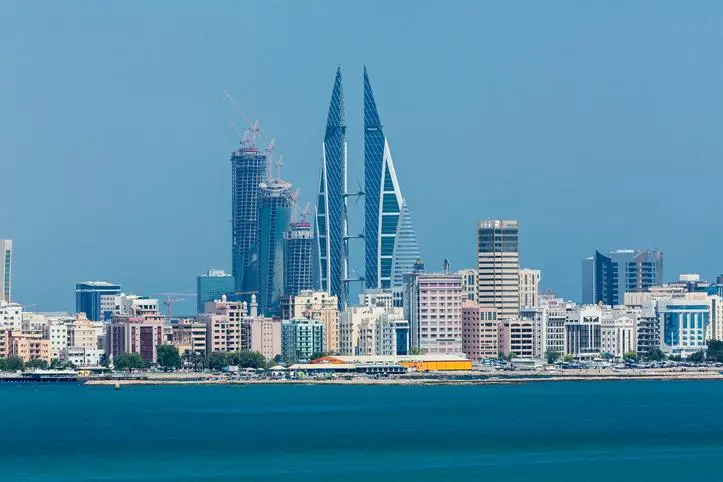PHOTO
A pledge of financial support for Bahrain by neighbours Saudi Arabia, the United Arab Emirates and Kuwait will ease pressure on the country's currency in the short term, but significant risks remain over the longer term, according to a new report.
Bahrain's three Gulf neighbours' pledge of financial support on Tuesday night meant that the country's currency, the dinar, rebounded on Wednesday after hitting 17-year lows a day earlier due to concerns about the scale of the country's debt.
A note published by BMI Research, a Fitch Group company, on Wednesday stated that although the proposed bail-out would "avert the risk of crisis in the short term, we continue to expect Bahrain to be the GCC’s most fragile economy over the long term".
It said the government was likely to remain "heavily reliant" on neighbouring states for financial support and investment. This reliance may constrain the government’s policy independence on both fiscal and political issues, the report argued.
It also said that if, for some reason, Gulf support was to be withdrawn, it expected that the country "would quickly return to the brink of economic crisis".
Bahrain's government debt has grown rapidly since the decline in oil prices that began in 2017. Oil receipts make up 68.6 percent of Bahrain's revenue, BMI Research said, adding that Bahrain's government debt burden has increased to 80.4 percent of gross domestic product in 2017 - up from 43.6 percent in 2013.
Data produced by the International Monetary Fund in May also indicated that Bahrain's current government spending remains too high, despite the recovery in oil prices experienced so far this year. It projected that Bahrain needed a price of $113 per barrel to reach a breakeven budget in 2018, which is still considerably above the current market price of $77.49 on Thursday morning,
"Despite reforms, fiscal and external risks will remain severe for years to come," BMI Research said in its note. "The now-explicit backing of Gulf neighbours gives Bahraini authorities considerable leeway to avoid the drastic adjustments that would put their finances on the right keel," it added.
In a separate note published on Wednesday morning, Emirates NBD stated that that the pledge of financial support by neighbouring states would be welcomed given the doubts about the country's long term debt sustainability.
"Excluding the ongoing budget deficits (expected at around -8.5 percent of GDP this year), Bahrain will need circa $10 billion over the next two years for debt servicing and repayment alone," it added.
Ratings agency Moody's also warned on Wednesday that the strengthening US dollar (to which the dinar is pegged) posed risks for many emerging market countries.
"Countries with large current account deficits, high external debt repayments and substantial foreign-currency government debt are most exposed to the impact of a stronger US dollar," said Alastair Wilson, global managing director of Moody’s Sovereign Risk Group.
Further reading:
- Bahrain CDS fall from record highs after Saudi, UAE, Kuwait pledge support: IHS Markit
- Saudi, Kuwait and UAE to announce measures to support Bahrain's economy
- Bahrain central bank says committed to keeping currency
- Bahrain dinar hits 17-year low vs dollar as hedge funds sell
- Bahrain CDS at record high, dinar weakest in FX forward market
(Writing by Michael Fahy; Editing by Walid El-Tigi)
(michael.fahy@thomsonreuters.com)
Our Standards: The Thomson Reuters Trust Principles
Disclaimer: This article is provided for informational purposes only. The content does not provide tax, legal or investment advice or opinion regarding the suitability, value or profitability of any particular security, portfolio or investment strategy. Read our full disclaimer policy here.
© ZAWYA 2018





















